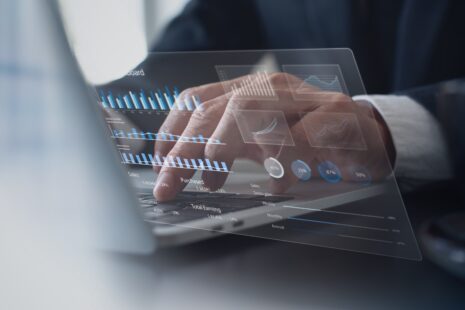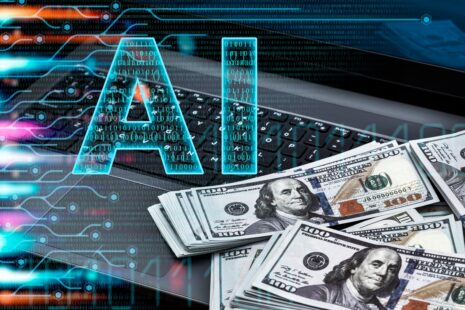AI is rapidly evolving and transforming various industries, leading to automation and the replacement of certain tasks traditionally performed by humans. While AI will enhance efficiency, it is expected to replace some job functions and activities, particularly in areas that involve routine, repetitive tasks or are highly data-driven.
Routine and Repetitive Jobs
- Manufacturing Jobs – Robots and automated systems are already taking over tasks in manufacturing, such as assembly lines, packaging, and quality control. These AI systems can perform these tasks more quickly and with fewer errors.
- Customer Service – AI-driven chatbots and virtual assistants can handle a wide range of customer inquiries, reducing the need for human agents in many call centers. These systems can resolve basic problems and provide support 24/7.
- Retail – AI is replacing certain retail jobs, such as cashiers with self-checkout systems, and stock clerks with AI-powered inventory management systems.
Administrative and Clerical Jobs
- Data Entry – AI tools are increasingly being used to process and analyze data, making tasks like manual data entry or document organization obsolete.
- Accounting – Basic accounting tasks such as invoicing, bookkeeping, and financial reporting are being automated using AI, saving time and reducing human error.
Transportation and Delivery
- Self-Driving Vehicles – Autonomous vehicles, including trucks and taxis, are expected to replace human drivers in the transportation and logistics industries. These vehicles can drive safely and efficiently, reducing the need for human drivers.
- Delivery Systems – AI-powered drones and robots are already being tested to deliver packages, especially in urban areas, reducing reliance on human delivery drivers.
Medical Diagnostics
- Medical Imaging – AI systems are increasingly capable of analyzing medical images, such as MRIs and X-rays, with greater speed and accuracy than humans, which may lead to the replacement of certain diagnostic roles in healthcare.
- Administrative Healthcare Tasks – Many administrative functions in healthcare, such as scheduling appointments and managing patient records, can now be automated by AI systems.
Creative Professions
- Content Generation – AI tools can write articles, generate reports, and even create basic music and art. While AI can replace repetitive aspects of creative work, human oversight will still be needed to ensure quality and innovation.
- Graphic Design – AI platforms can automate graphic design tasks, producing logos, marketing materials, and website designs based on preset templates.
AI is reshaping the workforce, especially by replacing tasks that are routine, data-driven, or highly structured. While some jobs will be displaced, new roles in AI development, maintenance, and ethical oversight will emerge. As AI continues to advance, it will likely complement human workers, enhancing their capabilities rather than completely replacing them.




